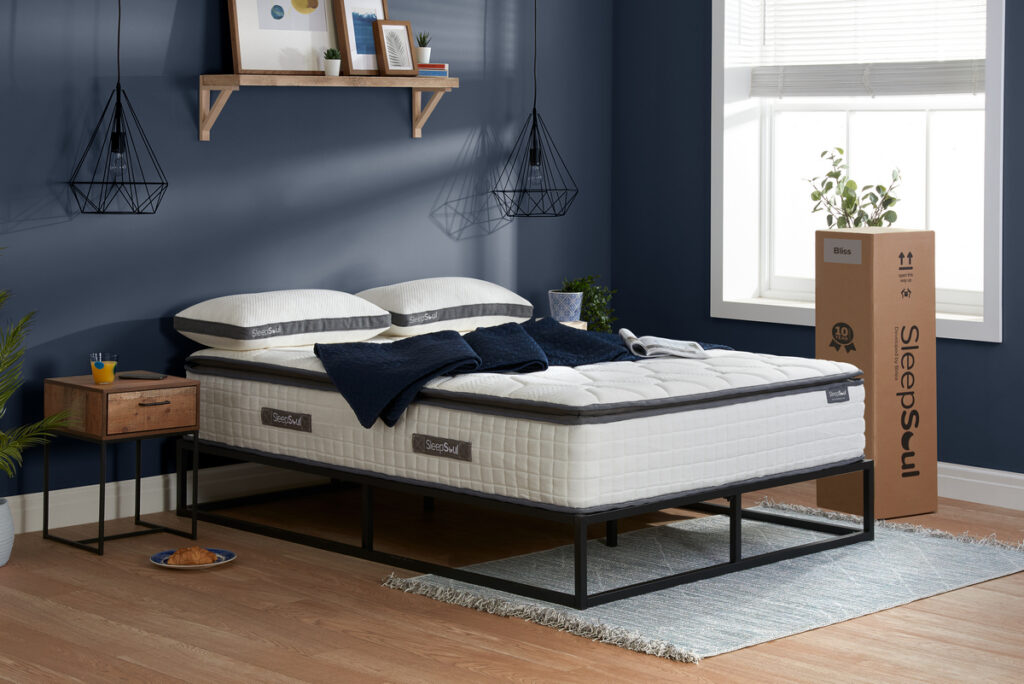George Sinclair, Owner at retailer Nimbus Beds, talks about the mattress trial boom and how risk-free shopping has become a powerful tool, but also highlights the hidden costs of this common promotion.

In today’s highly competitive mattress market, risk-free trials have become a powerful selling point. Brands commonly offer 100-night, 200-night, or even 365-night trials, allowing customers to try out a mattress in their own home with the option to return it for a full refund. While this policy offers clear benefits to consumers, it also presents unique challenges and hidden costs for retailers and manufacturers.
A Consumer-Centric Strategy
At first glance, extended mattress trials are a win for the customer. They eliminate the pressure of making an in-store decision and instead offer a low-risk opportunity to truly experience the mattress. This approach builds trust and appeals especially to online shoppers who cannot physically test the product before buying. Trial periods have become a key differentiator in a crowded marketplace, often influencing where and what consumers choose to buy.
Behind the Scenes: The Cost to Retailers
While trial periods drive conversions, they come with financial and logistical drawbacks. Returned mattresses cannot legally be resold as new in most markets, which forces retailers to donate, recycle, or dispose of them, each option carrying its own cost. Reverse logistics, including collection, sanitisation, and repackaging, add another layer of complexity and expense.
Additionally, high return rates can disrupt inventory forecasting and reduce profit margins. Smaller retailers may struggle to absorb these costs, while larger brands often factor them into pricing, potentially driving up the cost of products across the board.
Are Customers Abusing the System?
Some industry insiders raise concerns about customers misusing trial periods—treating mattresses like temporary solutions or engaging in serial returns. While these cases may be the exception rather than the rule, they do highlight a tension between generous return policies and sustainable business practices.
The Path Forward: Finding Balance
To address these challenges, some brands are tightening their return criteria or shortening trial windows while still prioritising customer satisfaction. Others are investing in AI and sleep-matching tools to help customers choose the right mattress from the start, reducing the likelihood of returns.
Ultimately, mattress trials have revolutionised the way people shop for beds, removing traditional barriers and building consumer confidence. But as the industry matures, brands will need to find smarter, more sustainable ways to manage the true cost of these risk-free promises.














